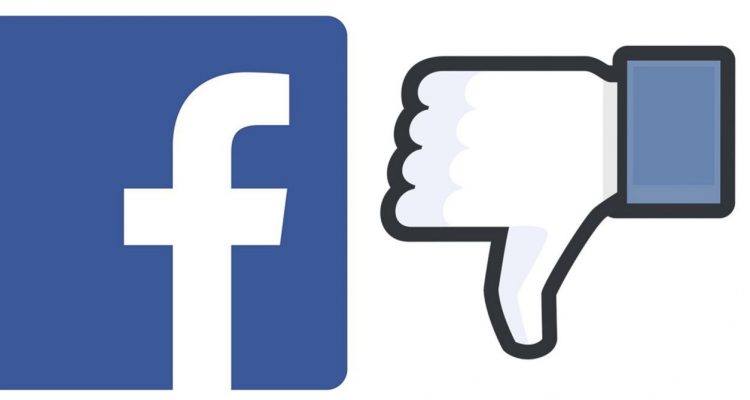Last month, Facebook was on the receiving end of outrage from its users when it was revealed that the company was cognizant of user data theft, NBC News reported. The outrage escalated as users learned that Facebook did not take action to further prevent the theft after it occurred. Following the widespread controversy regarding privacy and data breaches, ABS-CBN News reported that Facebook presented users with access to new privacy tools on March 28. The updated settings will “give users more control over how their information is shared.” They will also theoretically prevent user information from being utilized by outside parties such as Cambridge Analytica, a British firm connected to President Donald Trump’s 2016 election campaign. Websites should establish secure firewalls that prevent personal data from being accessible and utilized for manipulation. However, as technology continues to develop and third-party companies are given new methods of gathering information, we, social media users, must exercise caution. After all, while users should expect that our passwords and email accounts are secure, there is never a guarantee that our information is private once we input it onto the internet. So, for those who are calling to #DeleteFacebook by boycotting the platform, there must be inward reflection on why we feel so protected when online.
One of the first lessons learned when the current college generation joined social media — especially those of us who joined as teenagers — is that the internet is forever. Regardless of whether you set your privacy settings to the most restrictive or if you delete an old post. No matter what, that data is still out there in the realm of cyberspace. We make our peace with that knowledge when we sign up for any of the growing number of social platforms. More so, what we do and say will invariably be tracked, recorded and used by third-party websites, as well as other companies, to target our interests and sell either a product or an idea. So, when people recently expressed outrage about the access of personal data by companies other than Facebook, there is some validity to their anger — Facebook does promise to protect users’ information. However, people should be cognizant that Facebook or any other platform’s promise is slightly empty. Yes, they should have done more to prevent the breach from occurring and must ensure that it does not occur again, but when anyone uses the internet, their privacy is immediately less secure than before.
People are aware of that reality, too. According to USA Today, social media influencer Josh Johnson said, “If people are really beginning to delete their Facebook over these findings, they’d better go ahead and delete all their social accounts and go back to landline phones as well.” Likewise, USA Today interviewed another Facebook user, blogger Michele Brosius, who said that she realized once her information was made available on the internet, anyone could access it. That is not to say that we should not hold Facebook accountable for maintaining the security of its website for current and future users. We simply cannot be naive enough to think that social platforms or other forms of technology — such as credit cards or online banking — do not have inherent privacy or security risks. Moreover, if Facebook’s breach is greatly unsettling to anyone, there should be thoughtful consideration given to whether or not the individual wants to or should continue using social media at all given that security will not be a problem resolved overnight.


Leave a Reply